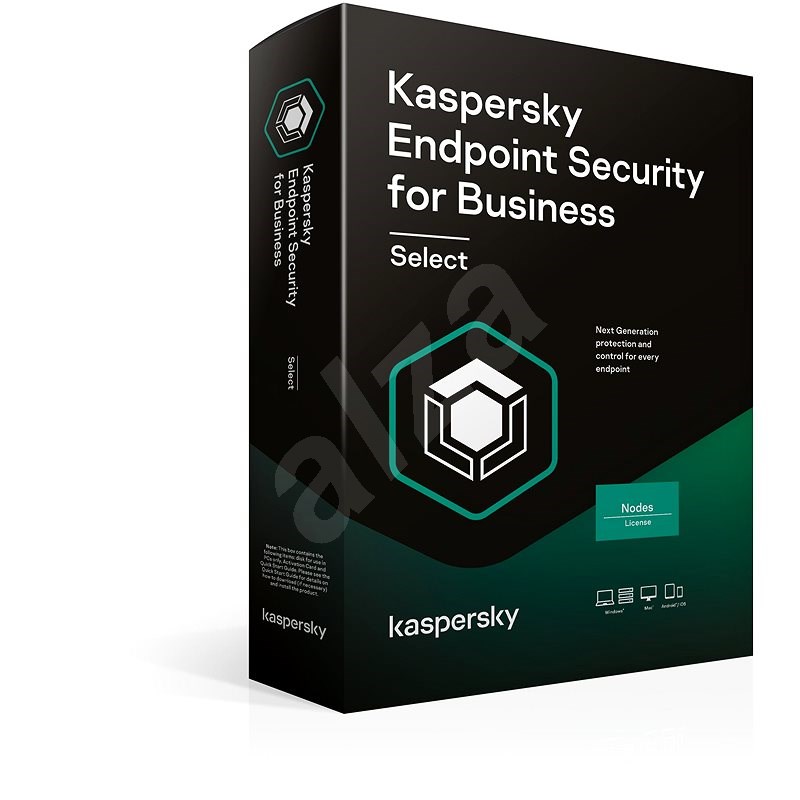
Protect your endpoints with Managed Endpoint Security
As part of the Managed Endpoint Security Services, our subsidiary, my Workplace GmbH, ensures that all devices in use are equipped with the latest virus signatures. Policies are properly followed and enforced. Behavioral auditing (e.g., whether files have been quarantined, etc.) is also part of Managed Endpoint Services, as well as detecting and resolving issues that arise in the process and mitigating them as quickly as possible.
Managed Endpoint Security consists of:
Managed Endpoint Security conains:
Anti-Malware Protection / Antivirus Engine
A PC program with basic functionality that blocks known virus signatures locally on the PC
This program connects to the my Workplace Security Console, whose settings are made by my Workplace GmbH.
Note: If the PC device physically leaves the company, it is insured here (unlike a classic corporate firewall).
Program control functionality
Access permission: Permission to start and install programs on the PC.
Device control: Checking of devices connected to the PC (USB sticks etc).
Secure web control: permission or denial to visit defined web pages. Dangerous websites cannot be visited by users.

Operation with Kaspersky Endpoint Security
The managed antivirus of my Workplace GmbH is implemented using Kaspersky Endpoint Security For Business – Select. This software provides a central management interface for all clients, through which rules are controlled and distributed.
Managed Endpoint Advanced
In addition to standard Endpoint Security Services, Managed Endpoint Security Advanced includes encryption management. The hard disk contained in the device is fully encrypted. Thus, decryption by a user can be performed exclusively with a defined password, biometrics, etc. This process is managed centrally via the my Workplace GmbH administration console.

Architecture
The security server runs in the data center of my Workplace GmbH. Just as in patch management, these security policies may require give a location distributor. Updates for virus information are not transferred to each client individually from the data center for larger sites. To conserve Internet bandwidth, updates are copied centrally to a server and distributed from there to a site. Decentralized or home office workstations can receive updates from the data center in this way, and the my Workplace GmbH report the status. The security of the endpoints is thus guaranteed accordingly.